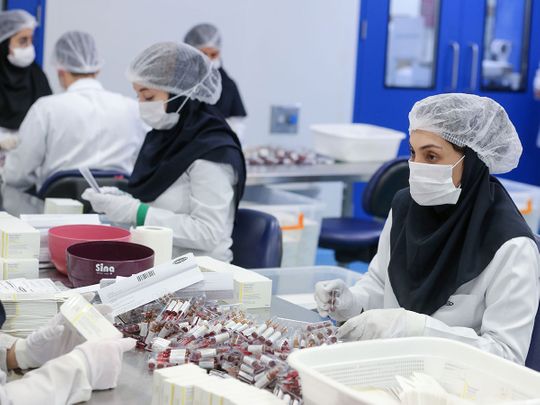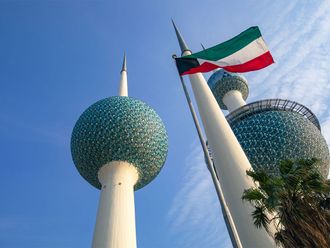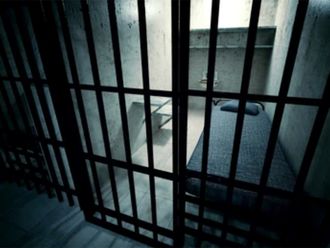
Tehran: Iran on Thursday announced 92 new deaths from the novel coronavirus, the third straight day that official fatalities remained in double digits in the Middle East's worst-hit country.
Health ministry spokesman Kinaoush Jahanpour told a news conference the latest deaths brought the official total to 4,869.
He added that 1,606 new infections had been confirmed in the past 24 hours, taking the total to 77,995 from 310,340 tests.
Of those confirmed to be infected with the coronavirus and admitted to hospital, 52,229 had been discharged after recovering, which he described as a "rising trend".
Another 3,594 patients are in critical condition.
There has been speculation abroad that the number of deaths and infections is higher than officially announced.
A report published Tuesday by parliament said the real death toll from Iran's outbreak was estimated to be as much as 80 percent more than that announced by the government.
The number of COVID-19 infections were estimated to be "eight to 10 times" higher.
It said the officially announced figures were based only on "patients that are hospitalised with severe symptoms".
It also criticised the government for being slow to act against the outbreak and said a "second wave" of the virus may come next winter - possibly without a break due to containment measures taking too long.
In a statement on Thursday, the office that carried out the report denied it contradicted official figures and accused "foreign media" of lying and distorting its contents to "undermine official statistics".
'Second wave'
A deputy health minister confirmed the numbers may be higher due to limited testing but rejected estimates based on "incorrect modelling", without directly addressing the report.
"The cases we have confirmed are certainly not the real figures. But there are no exact assessments in the world, save for South Korea which has had many tests done," Alireza Raisi was quoted as saying on Wednesday by state news agency IRNA.
The ministry had also stopped provincial medical universities from reporting figures on their own, IRNA reported.
It argued such announcements have at times prompted Iranians to travel from worse-hit provinces to less-infected ones and further spread the virus.
The government of President Hassan Rouhani has struggled to contain the outbreak that emerged two months ago.
It shut schools and universities, postponed major events and imposed a range of other restrictions, but it has stopped short of ordering lockdowns.
Iran allowed small businesses outside Tehran to reopen on Saturday and is set to extend the measure to the capital next week.
The move has faced criticism from health experts and even some authorities, while top officials argue that sanctions-hit Iran cannot afford to shut down the economy.
State television showed busy banks, government offices and taxi queues in various provinces on Thursday.
It said that "smart social distancing", a set of measures announced by Iran to keep both the economy running and prevent infections, "may still be applicable only on paper."








